In Iran's domestic market, the state plans to close the gap between the prices of raw materials and finished products on the stock exchange as it tries to strongly control the price of the product. The price of iron ore pellets and mineral products have risen on the bourse over the past three weeks, while the price and volume of profiling, rebar and steel sheet supplies have come under pressure. The ongoing recession in the global steel market has had a negative impact on steelmakers' profits.
According to a report by the Iranian Steel Producers Association, pellet production has increased this year but consumption has decreased. The market situation in the country speaks of the government's policy of stockpiling products.
There will be power cuts starting from June. The failure to change the clocks and move them forward has led to an increase in electricity consumption by 5,000 megawatts, so the government's decision to set working hours from 06:00 to 13:00 will lead to recession and unemployment.
In order to close the state budget deficit, electricity prices and gas billing prices are expected to be doubled, which will affect the prices of final products.
Another factor is that the exchange rate is trading at 28,500 divisions, which is an indication that exports will decrease and the exchange rate will increase in the coming months. According to April foreign trade data, Iran's foreign trade volume decreased by 13% in 2014. As a result, production and exports will tend to decline in the coming months.


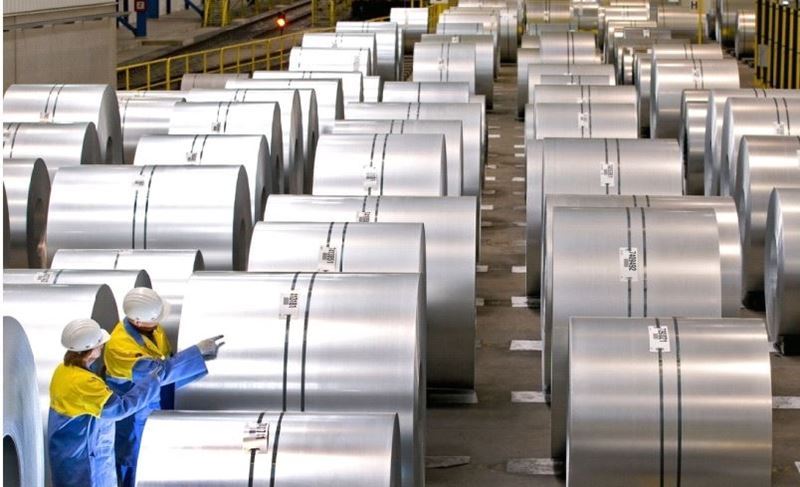
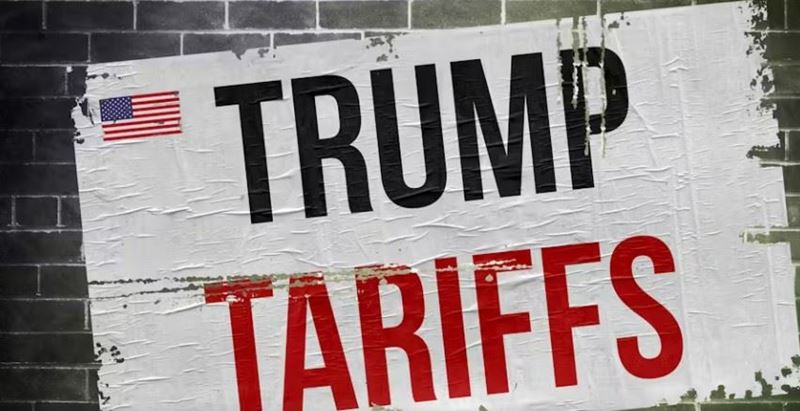

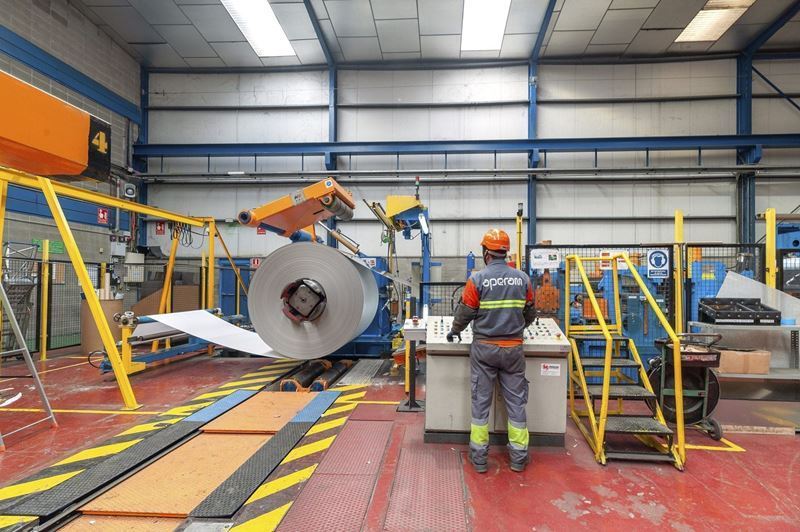
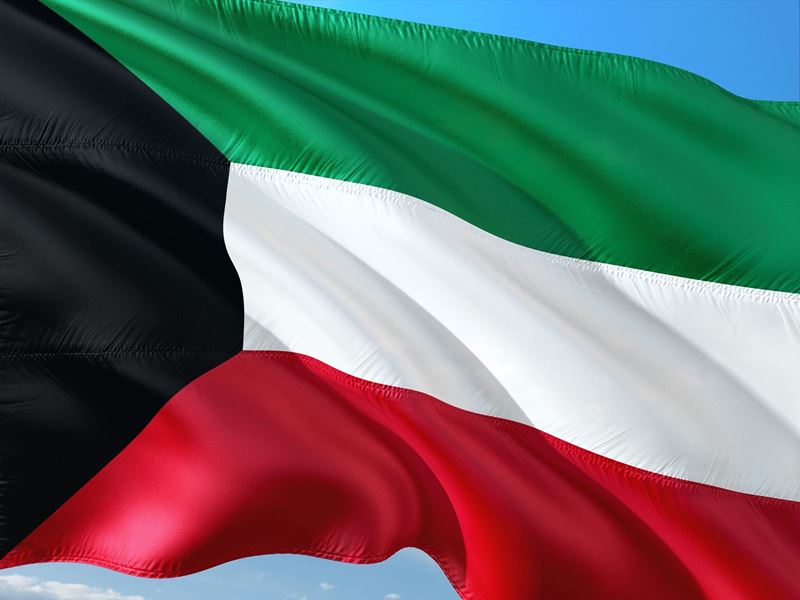
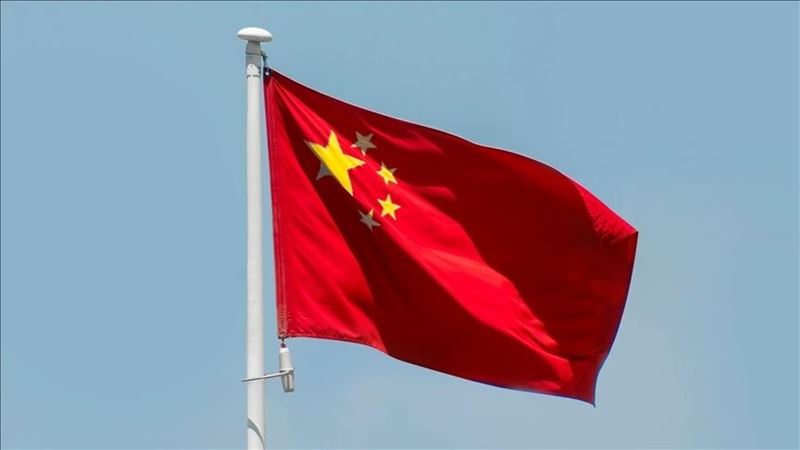

Comments
No comment yet.